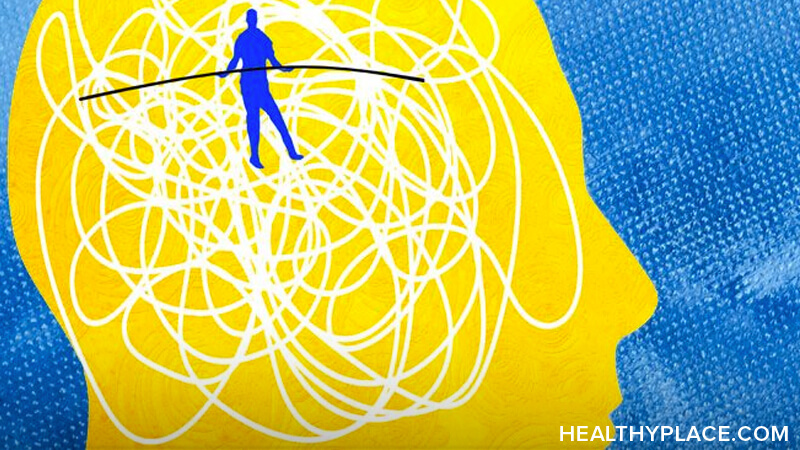
Psychotherapy helps the person make sense of his illness, can take various forms and can be conducted on a one-to-one basis or in a group setting. Psychotherapy for Schizophreniaīesides medication, another effective form of schizophrenia treatment is psychotherapy. Other new drugs, olanzapine and quetiapine, have been approved to treat this disabling disorder. It does, however, cause a serious decline in white blood cells in one percent of patients, so weekly blood tests are required.Ī new drug, risperidone, appears to be able to relieve symptoms without this complication. These antipsychotic medicines are also important in reducing or eliminating the chances of relapse.Ĭlozapine, approved in the US in 1990, has been helping many people unresponsive to other antipsychotic medications without causing a side effect known as tardive dyskinesia (TD), which triggers involuntary facial movements. They can relieve the hallucinations, delusions and thinking problems associated with schizophrenia. This type of medication is known as antipsychotics or neuroleptics. As schizophrenia is often due to abnormal biochemical balances in the brain, medication can help to normalise these imbalances. Medication remains the main treatment method.
#PARANOID SCHIZOPHRENIA TEST PROFESSIONAL#
Seeking professional help early is important. In addition, people with untreated psychosis are at a higher risk of suicide, aggression and drug abuse. Untreated psychosis can cause considerable suffering, distress and bafflement to the person who has the condition and those around him. A combination of medication and psychotherapy is usually required. The goals of conventional treatment include helping patients toward normal interactions with others, enabling patients to live in the community, and controlling the illness through the smallest effective dosage of medication. The prominent symptoms of the illness have abated, but some features, such as hallucinations and flat affect, may remain.May have symptoms of more than one subtype of schizophrenia.Flat affect (reduced emotional expression).Delusional thoughts of persecution or grandeur.Decreased sensitivity to painful stimulus.May be unable to take care of personal needs.These are the five recognised types of schizophrenia, and each type has different symptoms: Emotional blunting (i.e., not displaying any emotion, whether positive or negative).Delusions (i.e., of being persecuted or controlled, or his/her mind being read).Hallucinations (e.g., voices, smells, tastes experienced that do not exist).Positive symptoms of schizophrenia include: Positive symptoms reflect a distortion or exaggeration of functions that are normally present, whereas negative symptoms reflect a deficiency of a mental function that is normally present. Symptoms of SchizophreniaĪ person who is suffering from schizophrenia may present positive and/or negative symptoms. Schizophrenia affects men and women equally. Although it can affect anyone at any age, its onset is usually in adolescence or young adulthood. Sufferers experience deterioration in interpersonal relationships and daily functioning at school or work.

If your score indicates that, you have a probability of having a paranoid personality disorder, but proper mental health assessment does not find any, it means that the test is mistaken in your case and provided a false-positive result.Many people who have schizophrenia have suffered the symptoms of psychosis for at least six months before seeking help. However, as any other self-reported test, it does not replace proper professional assessment. This test covers all the main symptoms of paranoid personality disorder. They are hypersensitive and could be easily insulted. They tend to vigilantly scan the milieu for evidence that justifies their fears and biases. Paranoid personality is distinguished by paranoia and a pervading, enduring suspiciousness and generalized mistrust of other people. The Paranoid Personality Disorder Test is based on the diagnostic criteria of PPD.Īccording DSM, these diagnostic criteria include: suspects, without sufficient basis, that others are exploiting, harming, or deceiving him or her preoccupation with unjustified doubts about the loyalty of friends reluctance to confide in others reading hidden demeaning or threatening meanings in benign word or actions of other people persistent bearing of grudges unjustified perception of attacks on his or her reputation without justification, recurrent and unjustified suspicions about fidelity of spouse or sexual partner.


 0 kommentar(er)
0 kommentar(er)
